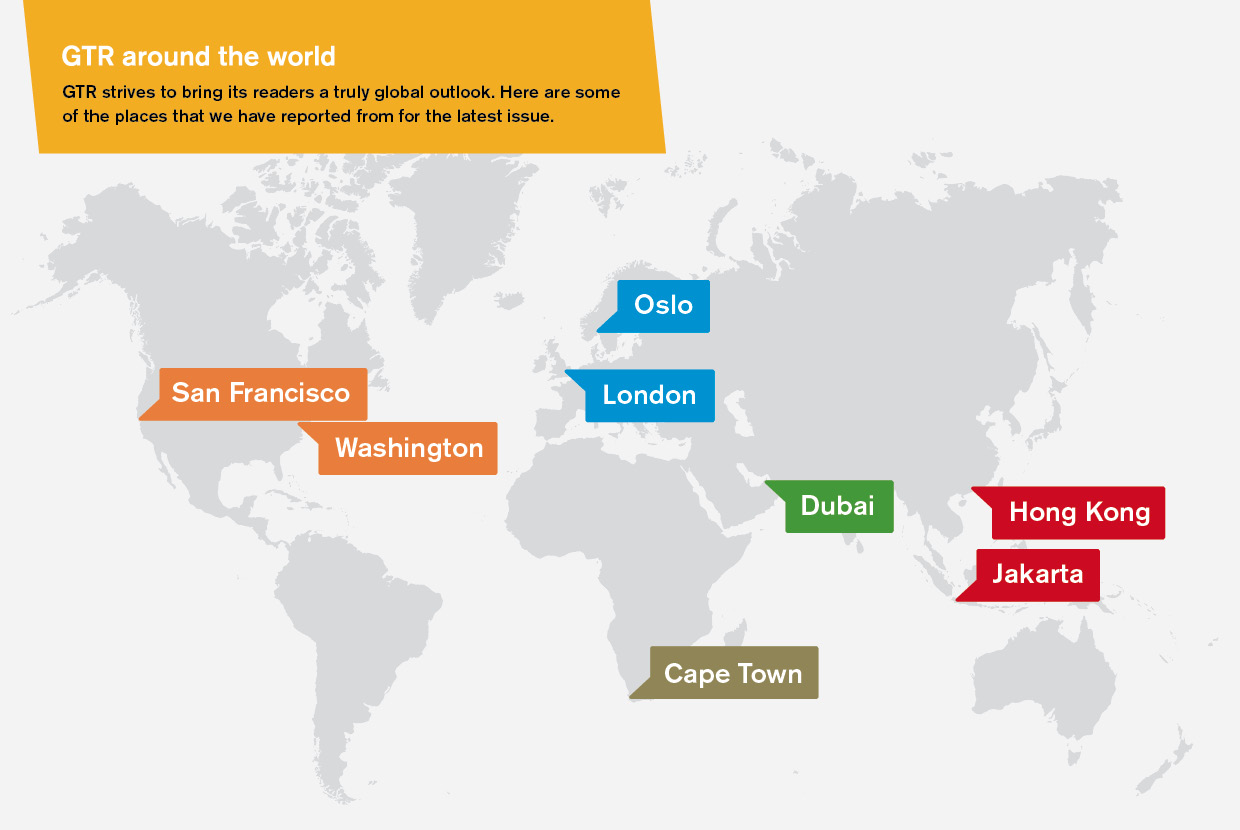Regulatory technology or ‘regtech’, as it’s now more popularly known, is the use and adoption of technology to address regulatory challenges in the financial services sector. It’s become the new buzzword in the trade finance market (Deloitte goes as far as to call it “the new fintech”), and is a term that we’ll all hear a lot more of in the coming months and years.
In the ICC Banking Commission’s 2016 global survey on trade finance, 90% of respondents reported that the cost and complexity of compliance with regulatory requirements, including Basel III and anti-financial crimes regulation, remains a significant impediment to closing trade finance market gaps.
The advent of reliable tools, then, to assist trade finance players to more efficiently understand and meet regulatory requirements will go a long way towards freeing up more financing, thereby plugging these gaps and, ultimately, facilitating more trade.
Regulators themselves have given the technology their blessing. In its Business Plan 2017/18, the UK Financial Conduct Authority (FCA) states that regtech “can significantly help both regulators and the regulated” and that it leads to more efficient and effective regulation and compliance.
“Innovative regtech technology can help firms interpret the FCA Handbook and submit the required regulatory information, in more economic, efficient and effective ways,” the FCA says. It adds that it wants to encourage and foster regtech interest, innovation and adoption – which will surely drive its evolution.
Nevertheless, while the growth of regtech is promising, it’s not the cure-all for all compliance challenges.
Market players will do well to plan how best to leverage the technology to plot their regulatory journey for the future. Read our comprehensive analysis on regtech in this issue’s cover story.
In this issue:
- Cover story: The regtech revolution has begun
- Corporate Q&A: “Europe could learn lessons from the Middle East”
- Roundtable: Spotlight on export finance
- Q&A with Swift’s new head of trade and supply chain
- Legal report: Basel IV: Good or bad news for trade finance?
- How New Zealand’s dairy exports conquered the world; Hong Kong talks fintech
- Central America report; Supply chain utopia
- Post-truth reputational risk: The Wells Fargo saga
- The Africa opportunity (roundtable)
- Kurdistan report; Mena editorial board roundtable







